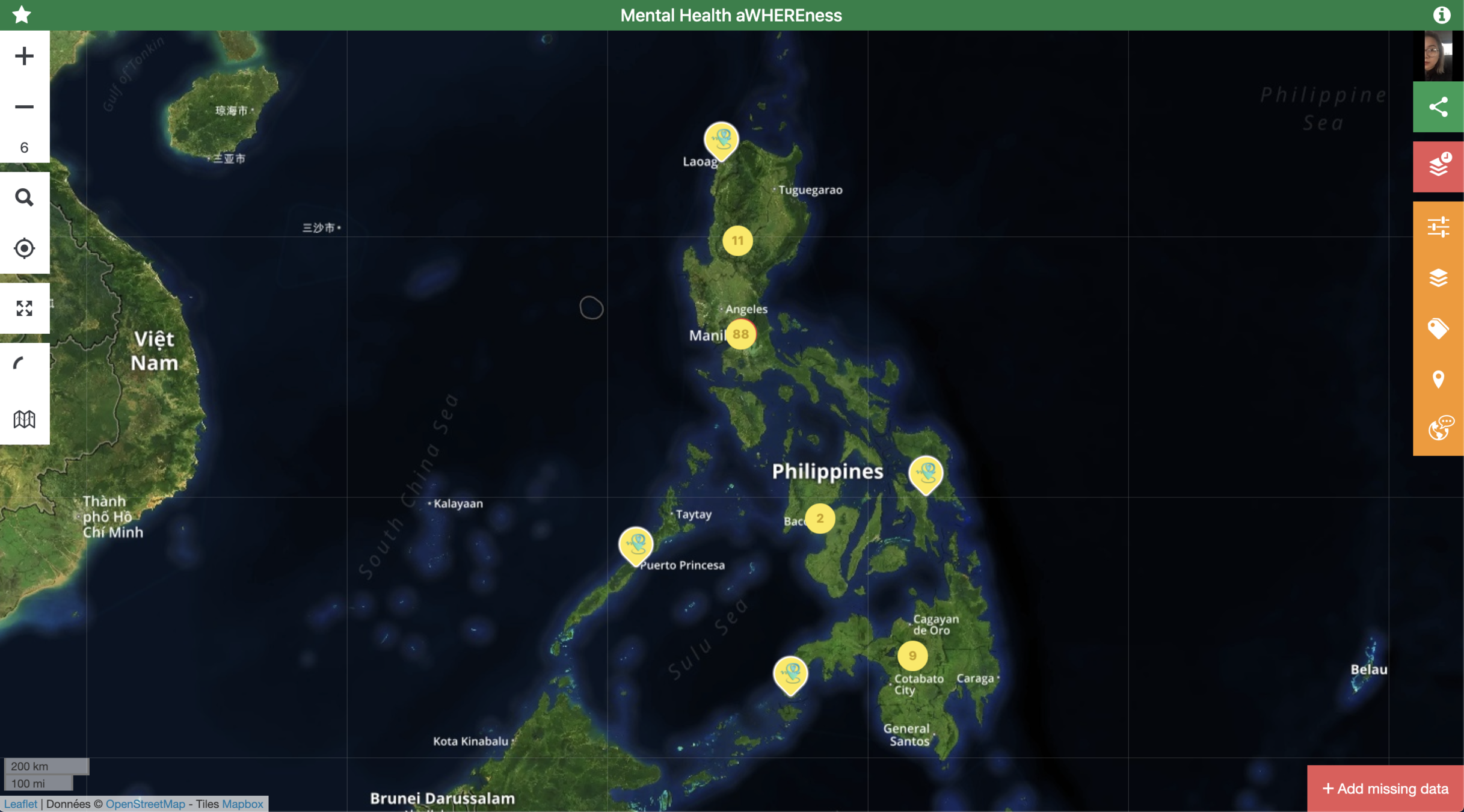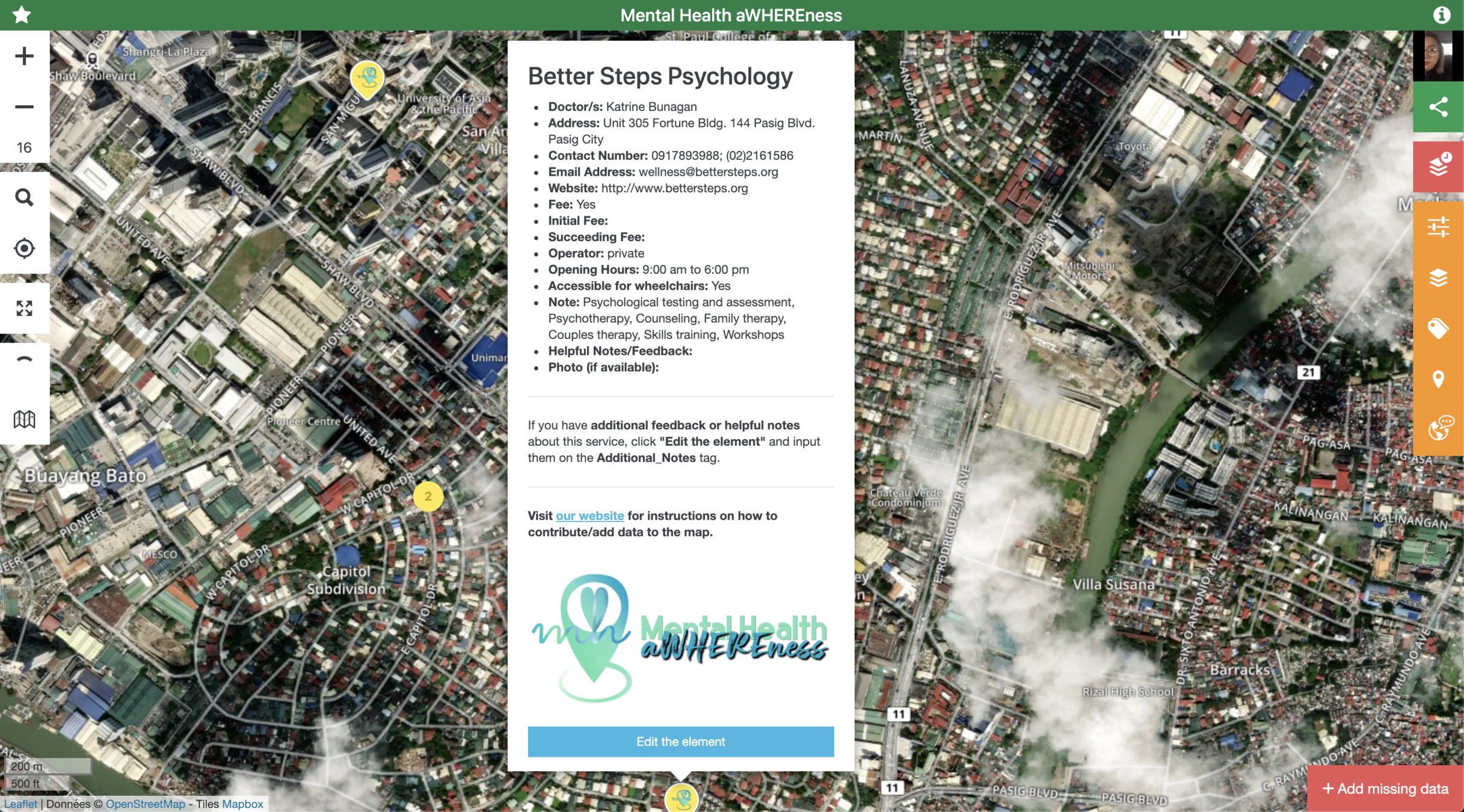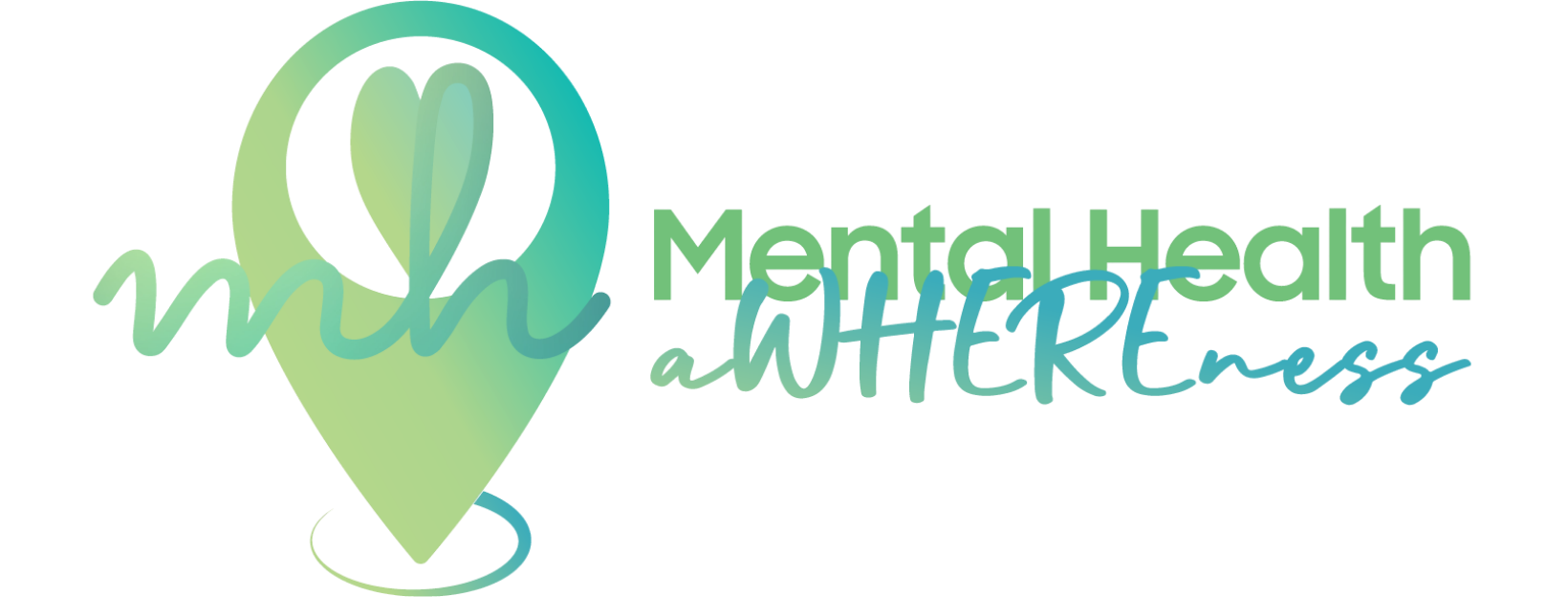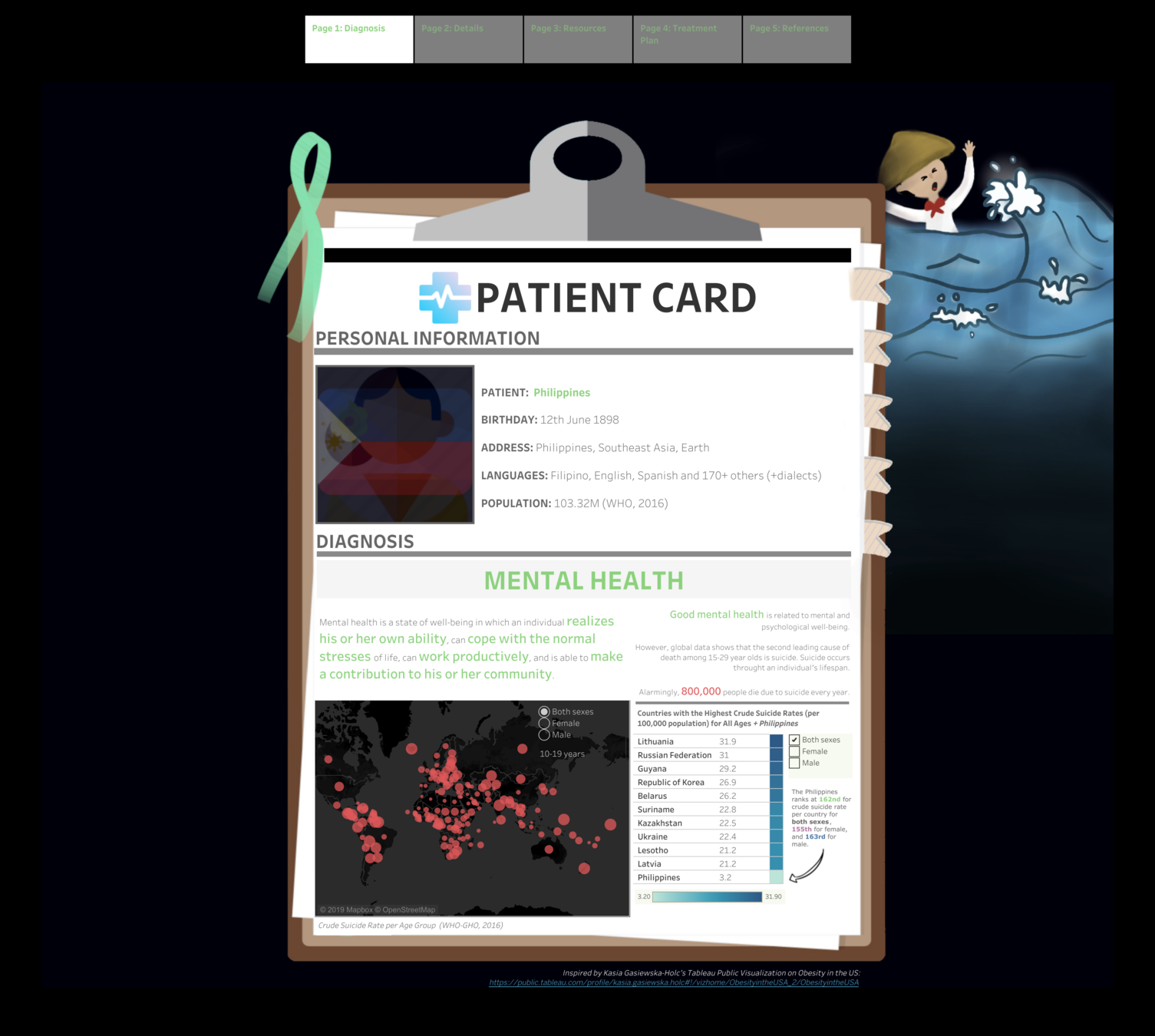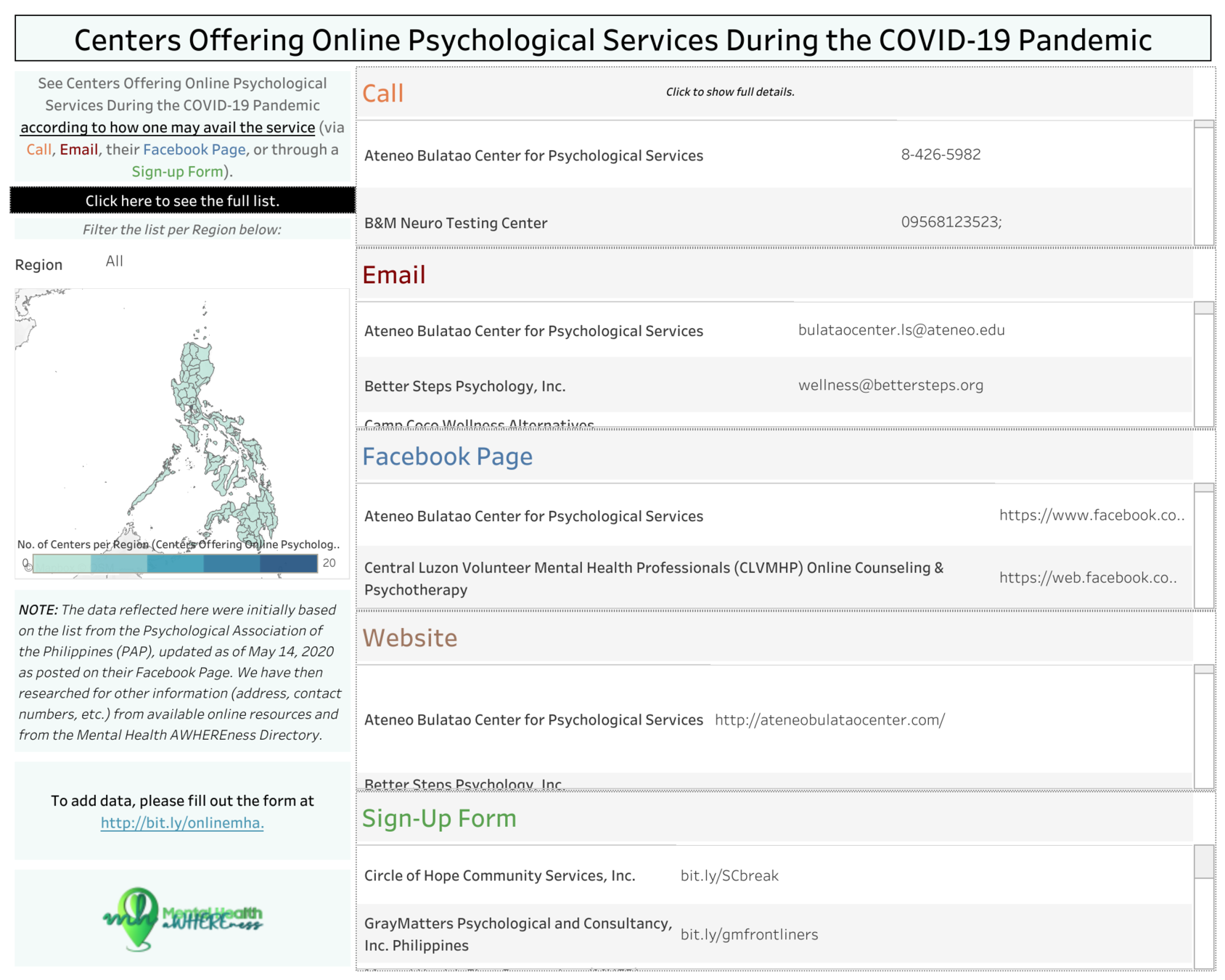Understanding Mental Health
Understanding Mental Health
Mental Health
“a state of well-being in which every individual realizes his or her own potential, can cope with the normal stresses of life, can work productively and fruitfully, and is able to make a contribution to her or his community”


Mental Health
✓ is an integral part of health
Cost-effective public health and intersectoral strategies and interventions should exist to promote, protect and restore mental health.

✓ is more than the absence of mental disorders
✓ is determined by a range of socioeconomic, biological and environmental factors
-
Around 20% of the world's children and adolescents have mental disorders or problems.
-
Over 800,000 people die due to suicide every year and suicide is the second leading cause of death in 15-29-year-olds.
-
Stigma and discrimination against patients and families prevent people from seeking mental health care.
-
Around 20% of the world's children and adolescents have mental disorders or problems.
-
Over 800,000 people die due to suicide every year and suicide is the second leading cause of death in 15-29-year-olds.
-
Stigma and discrimination against patients and families prevent people from seeking mental health care.






Principles of the Mental Health Act
According to the Act, "Mental Health Condition" refers to a neurologic or psychiatric condition characterized by the existence of a recognizable, clinically-significant disturbance in an individual’s cognition, emotional regulation, or behaviour that reflects a genetic or acquired dysfunction in the neurobiological, psychosocial, or developmental processes underlying mental functioning.
Definition of Mental Illness
Principles of the Mental Health Act
The Act provides for ‘Free Prior Informed Consent’or ‘Informed Consent’, referring to consent voluntarily given by a service user to a plan for treatment. A patient must ‘give prior informed consent before receiving treatment or care, including the right to withdraw such consent’.
Informed Consent
Principles of the Mental Health Act
Under the Act, any person subject to the Act may designate a person of legal age to act as his or her legal representative through a notarized document. This legal representative shall ‘provide the service user with support and help represent his or her interests; receive medical information about the service user in accordance with this Act; assist the service user vis-á-vis the exercise of any right provided under this Act; and be consulted with respect to any treatment or therapy received by the service user’. If a legal representative is not chosen, other persons can act as the legal representative, including the spouse, non-minor children and either parent by mutual consent, if the service user is a minor. A person subject to the Act may also designate up to three persons or ‘supporters’, including the service user’s legal representative, for the purposes of supported decision-making.
Legal representatives and supported decision-making
Other considerations
- protection of the rights of persons with mental disorders in mental health facilities, protection of minors
- provision of resources for mental health facilities
- role of community and culture
- review mechanisms providing for the protection of the rights of offenders with mental disorders
- procedural safeguards protecting the rights of persons with mental disorders
- protection of confidentiality, and standards of care and treatment including involuntary admission and consent to treatment
- ‘Quality of Mental Health Services’ - treatments must be
- based on medical and scientific research findings
- responsive to individual and cultural needs
- provided in the least restrictive setting and
- provided by mental health professionals and workers in a manner that ensures accountability.

International Labour Organization, (2020). "A Policy Framework for Responding to the COVID-19 Pandemic" . https://www.ilo.org/wcmsp5/groups/public/@dgreports/@dcomm/documents/briefingnote/wcms_745337.pdf
Labor Market
- Non-essential services and production were directly affected by the lockdowns, which led, among other things, to a reduction in the number of hours worked and to job losses.
- Unless they receive government assistance, previously viable businesses risk going bankrupt.
- Countries with greater dependence on the service sector, higher levels of informality and weak safeguards against the termination of employment have experienced much higher initial job losses.

International Labour Organization, (2020). "A Policy Framework for Responding to the COVID-19 Pandemic" . https://www.ilo.org/wcmsp5/groups/public/@dgreports/@dcomm/documents/briefingnote/wcms_745337.pdf
Most affected groups
- Women, who hold 70% of jobs in the health and social care sectors and are therefore often on the front line of the response to the crisis ;
- Informal economy workers, casual and temporary workers, workers in new forms of employment, including those in the “gig economy”;
- Young workers, whose employment prospects are more sensitive to fluctuations in demand;
- Older workers, who even in normal times face difficulties in finding decent work opportunities and are now burdened with an additional health risk;
- Refugees and migrant workers, especially those engaged as domestic workers and those working in construction, manufacturing and agriculture;
- Micro-entrepreneurs and the self-employed – particularly those operating in the informal economy, who may be disproportionately affected and are less resilient.



Ginger, (2020). "Workforce Attitudes Toward Mental Health - Report 2020" . https://ginger.io
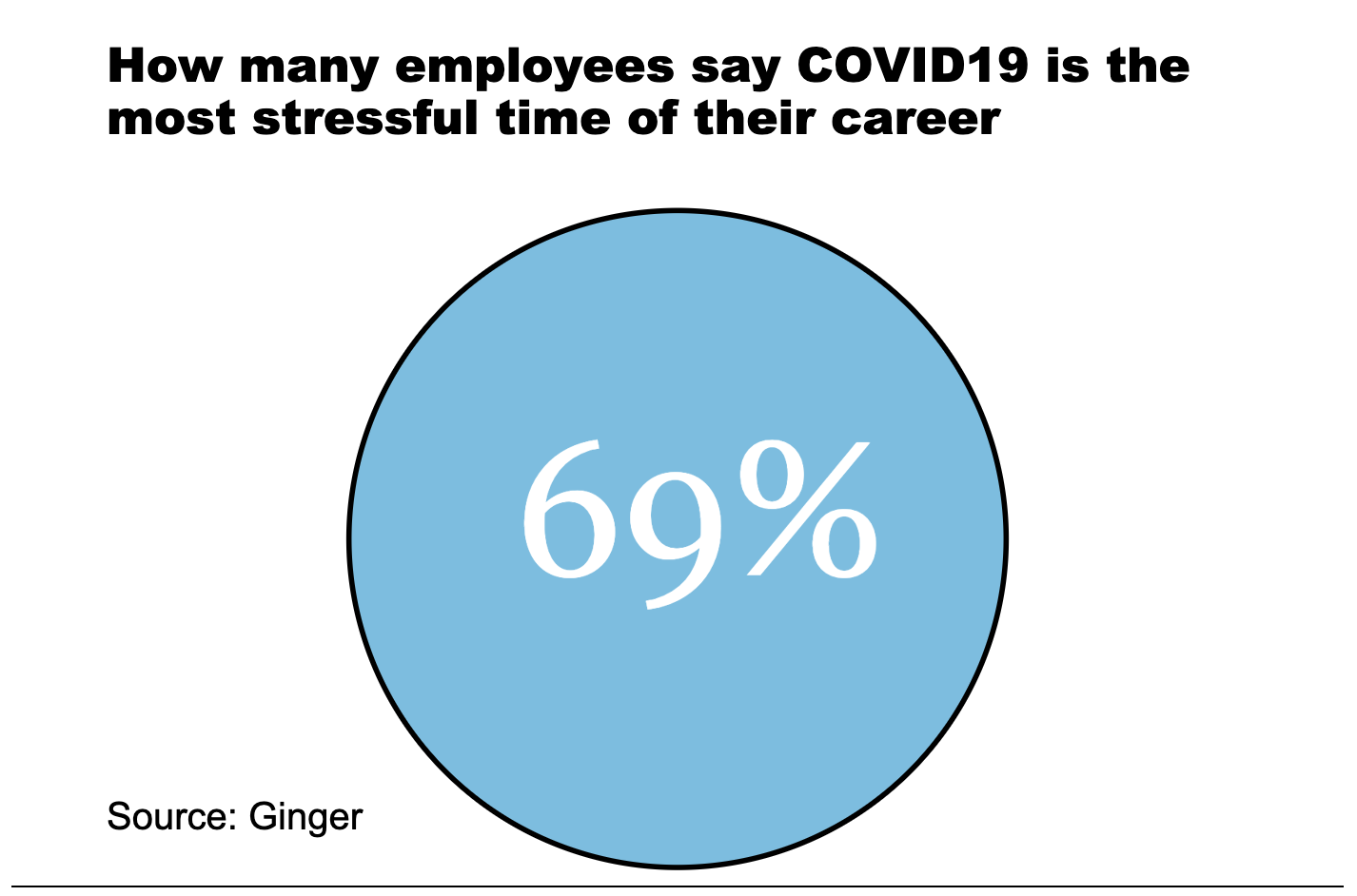
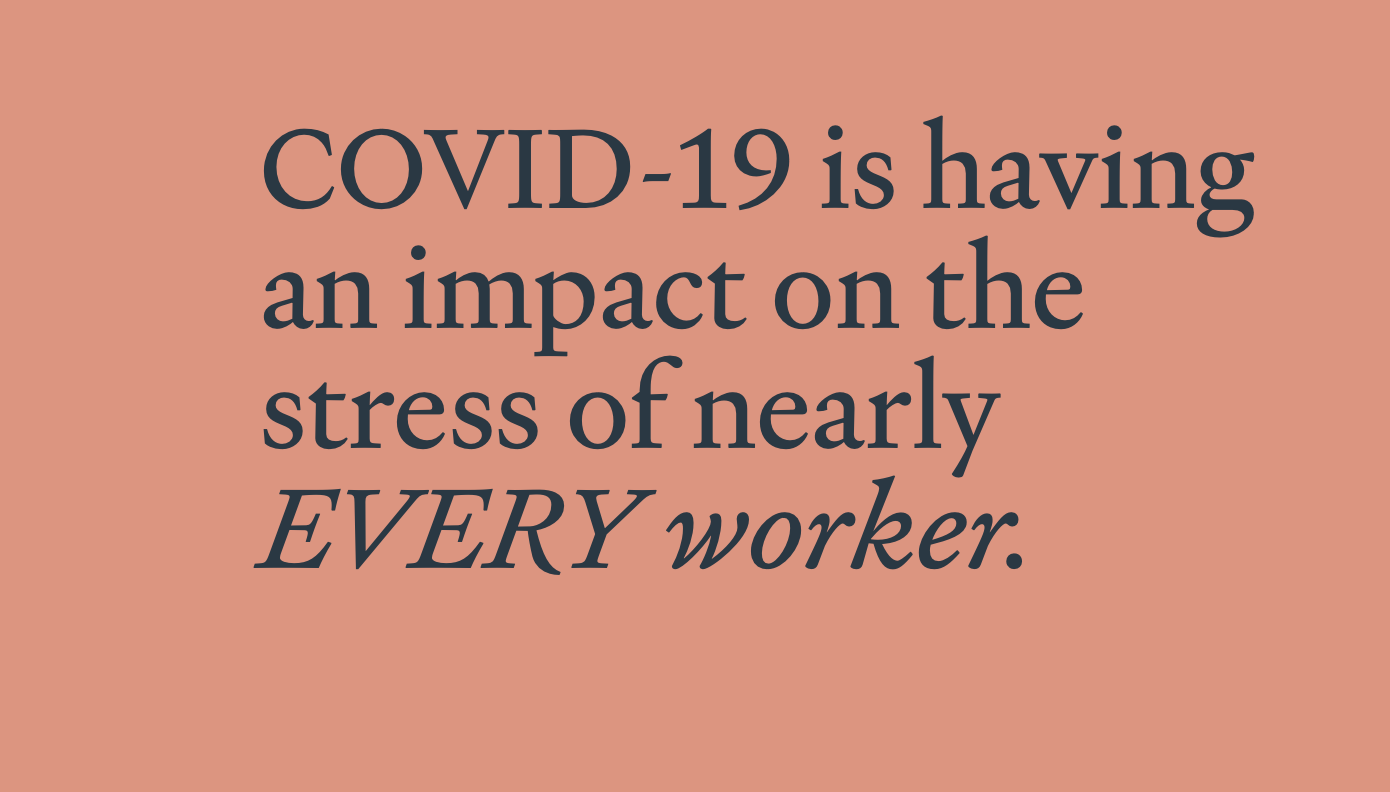
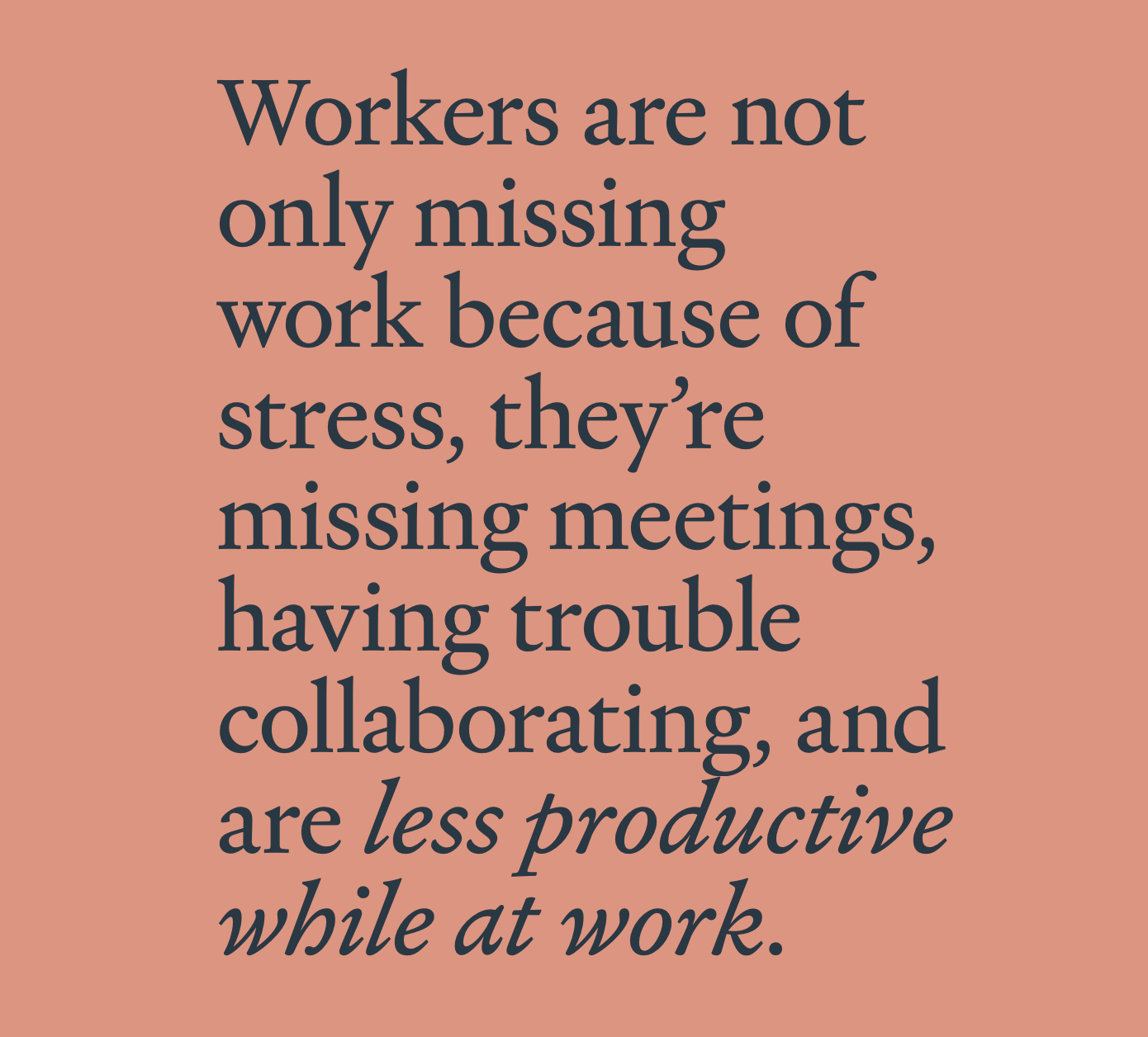
From the Center for Workplace Mental Health and American Psychiatric Association Foundation:
-
The COVID-19 is presenting a new and unique challenges
-
The daily living is disrupted causing added anxiety,
stress, and strain – physically, mentally, and financially
-
These disruptions and uncertainties lead to anxiety and stress

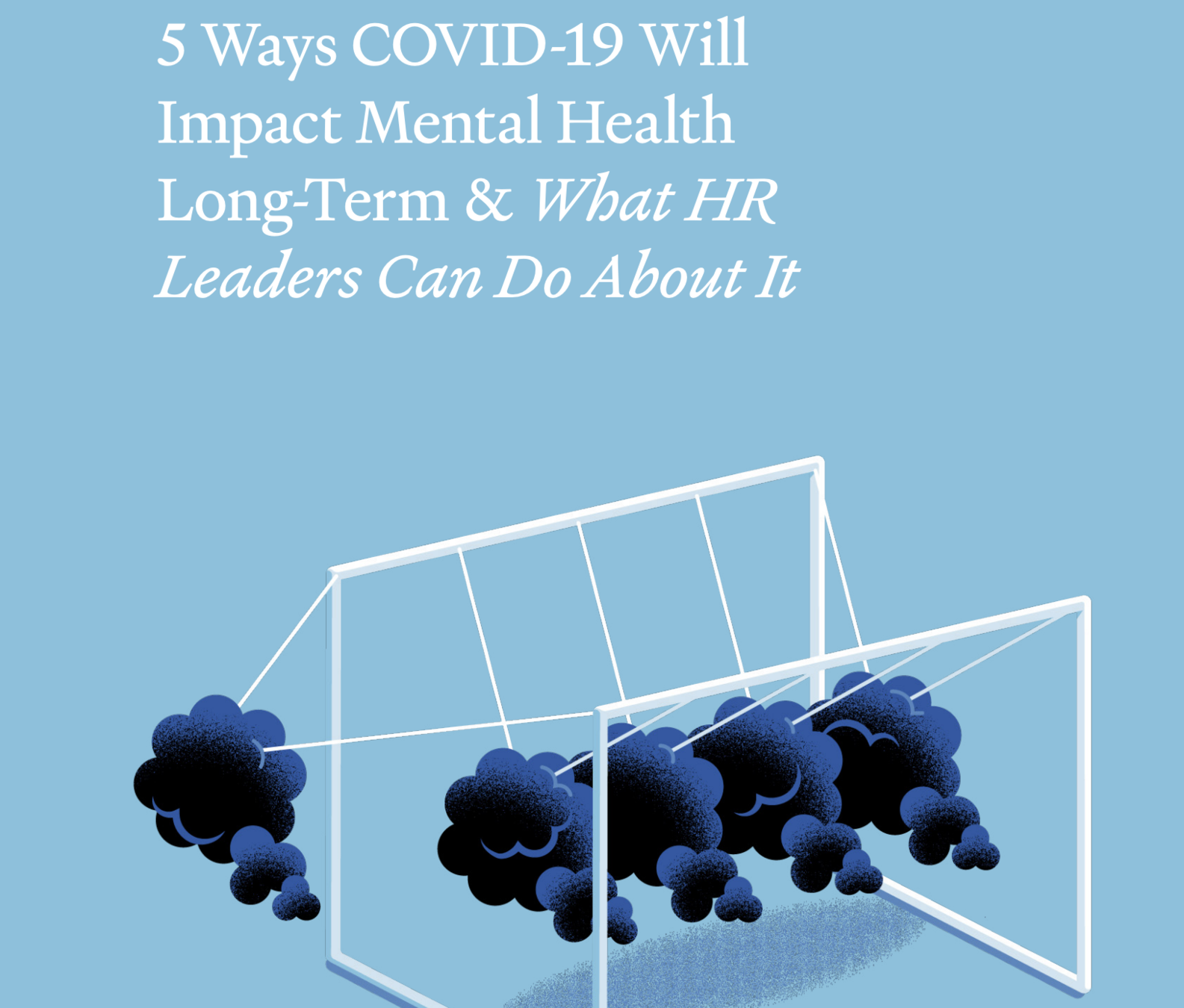
Ginger, (2020). "5 Ways COVID-19 Will Impact Mental Health Long-term and What HR Can Do About It" . https://ginger.io
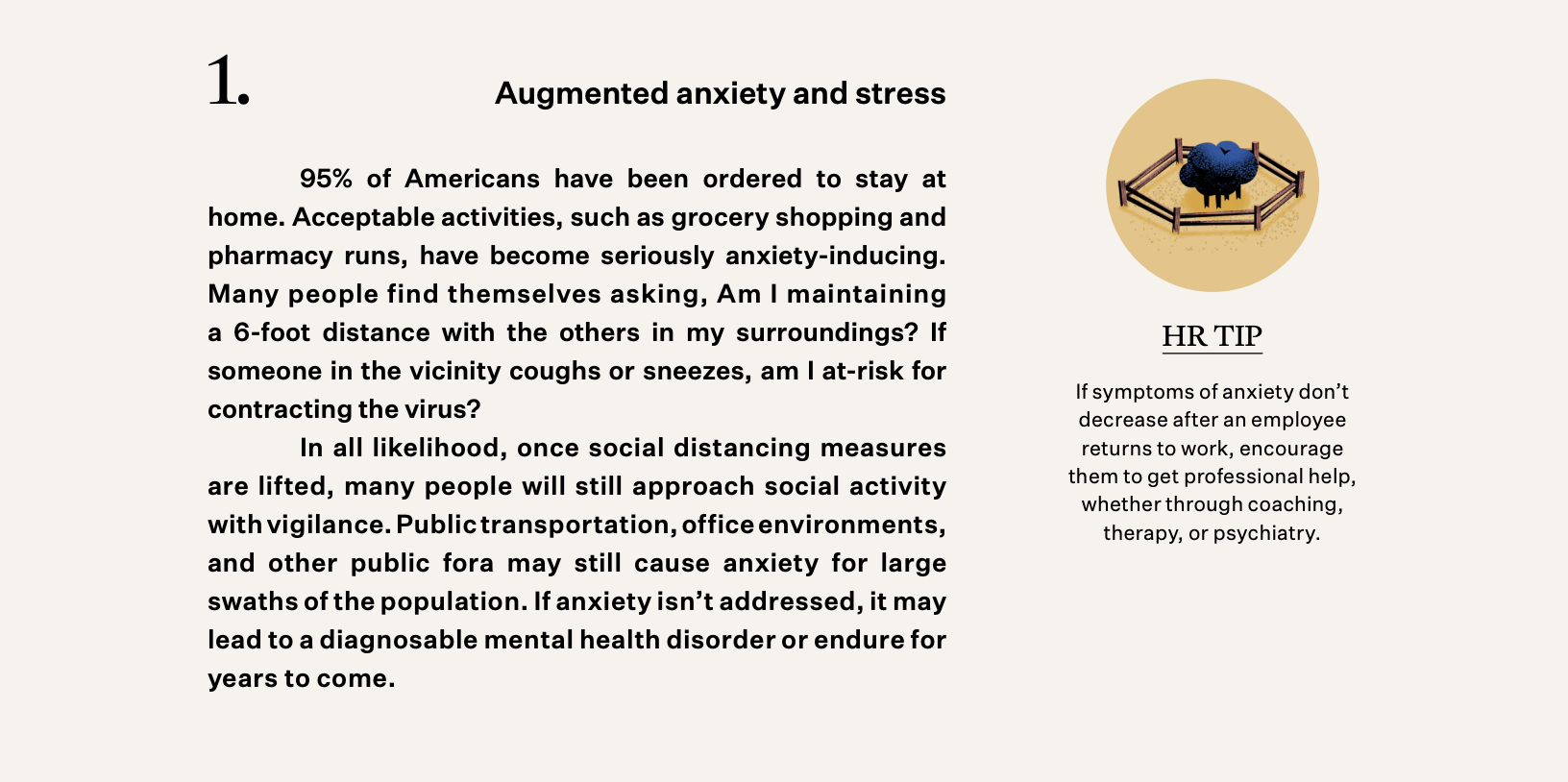
Ginger, (2020). "5 Ways COVID-19 Will Impact Mental Health Long-term and What HR Can Do About It" . https://ginger.io
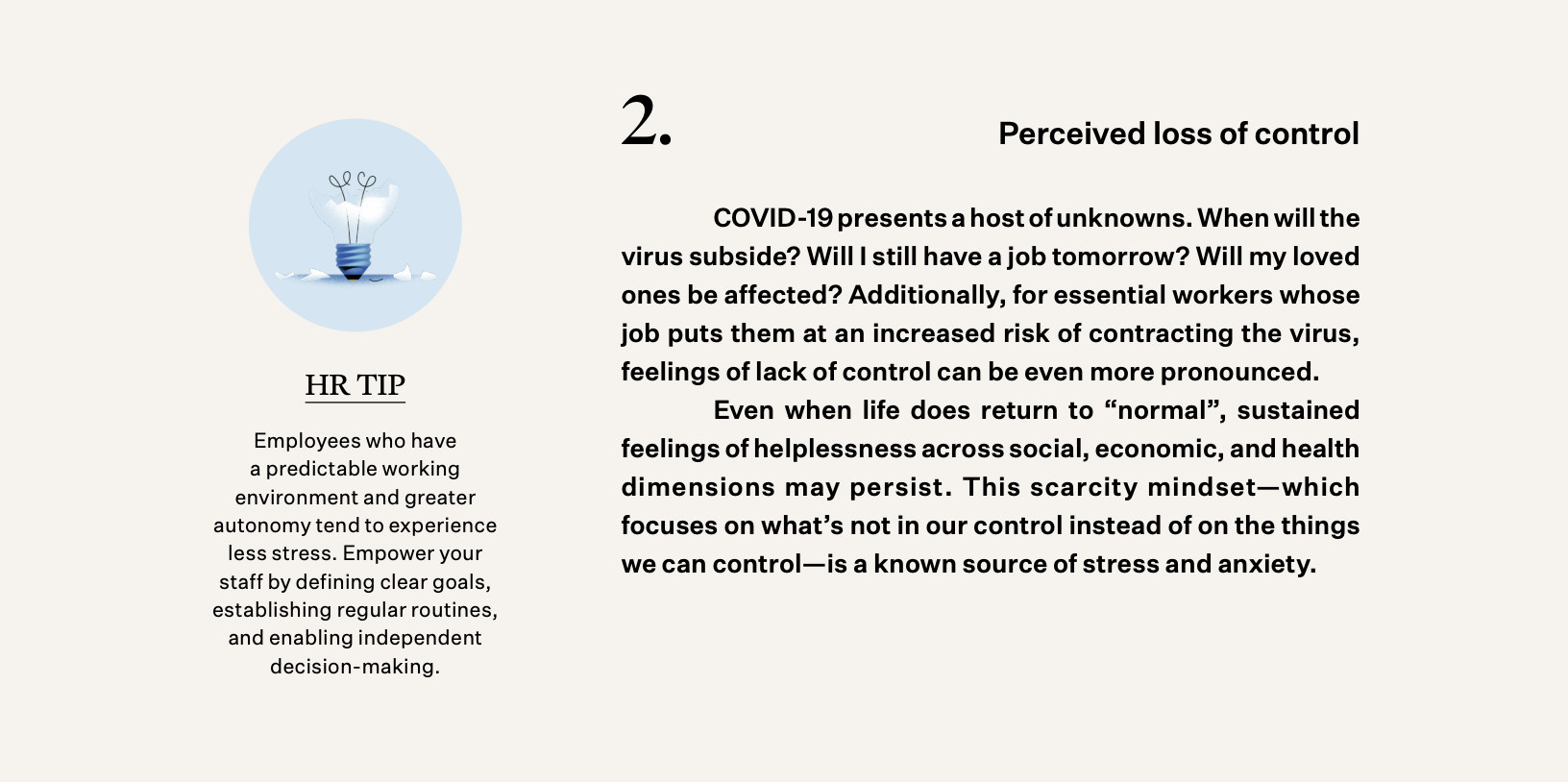
Ginger, (2020). "5 Ways COVID-19 Will Impact Mental Health Long-term and What HR Can Do About It" . https://ginger.io
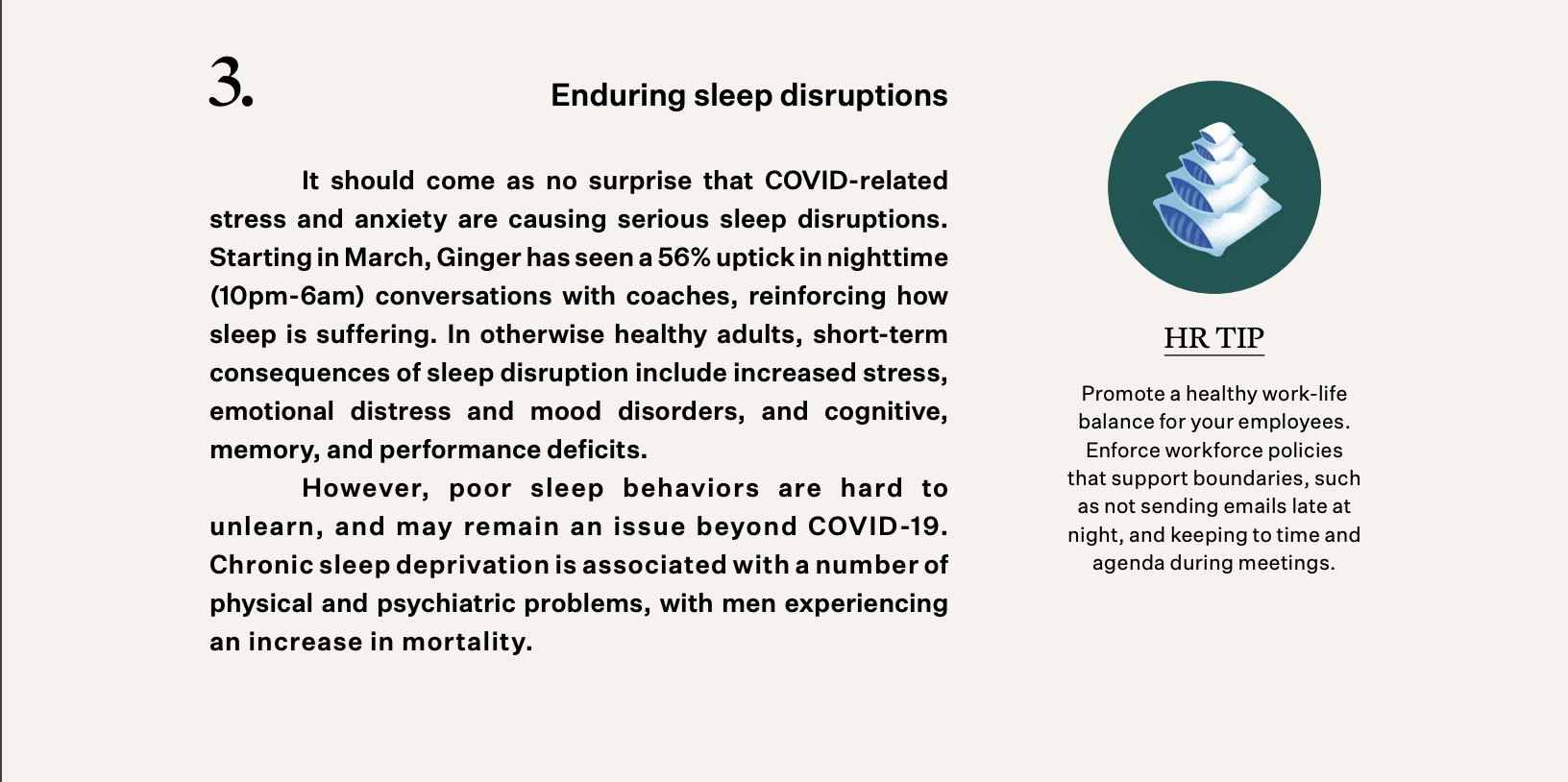
Ginger, (2020). "5 Ways COVID-19 Will Impact Mental Health Long-term and What HR Can Do About It" . https://ginger.io
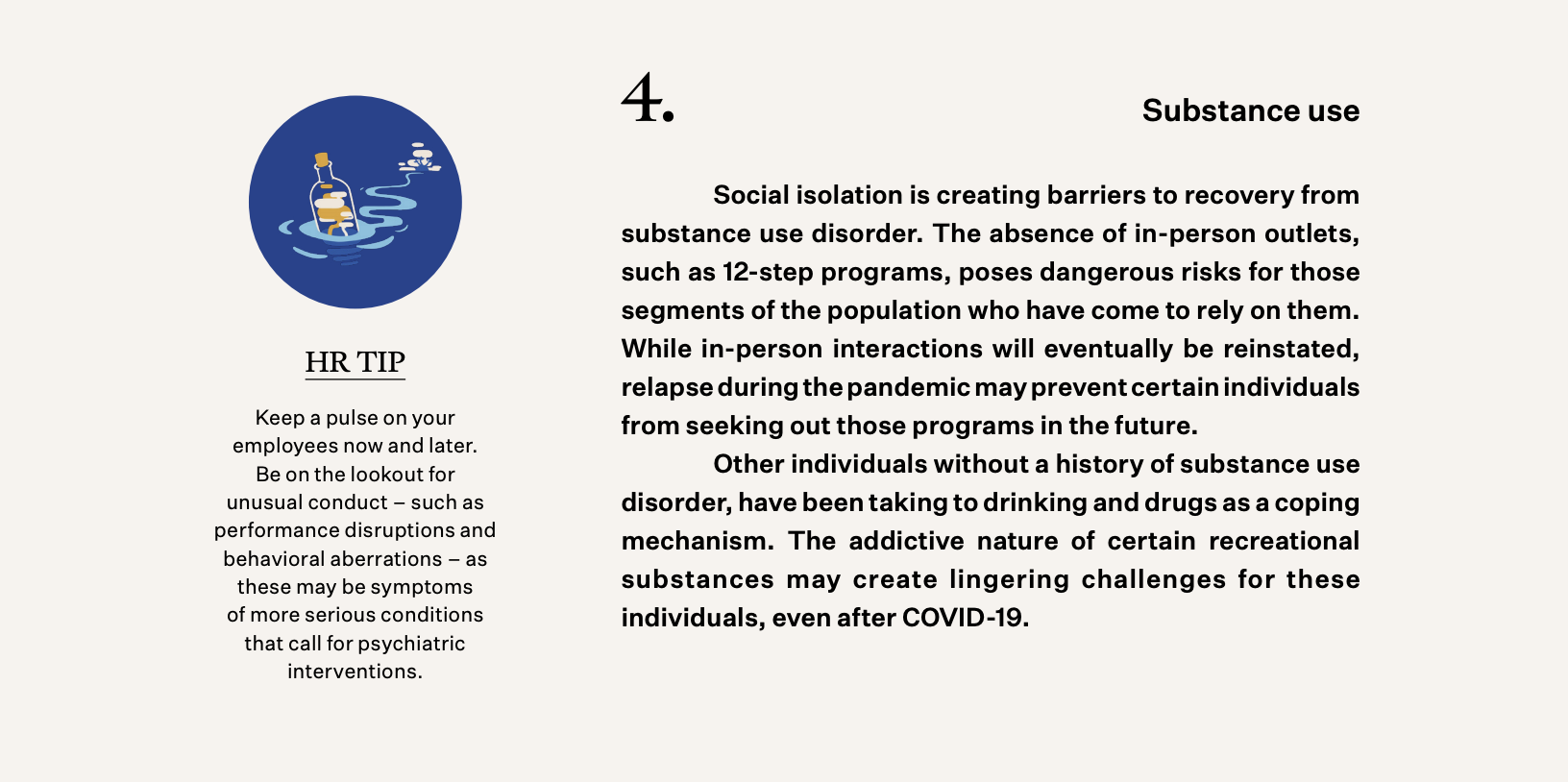
Ginger, (2020). "5 Ways COVID-19 Will Impact Mental Health Long-term and What HR Can Do About It" . https://ginger.io
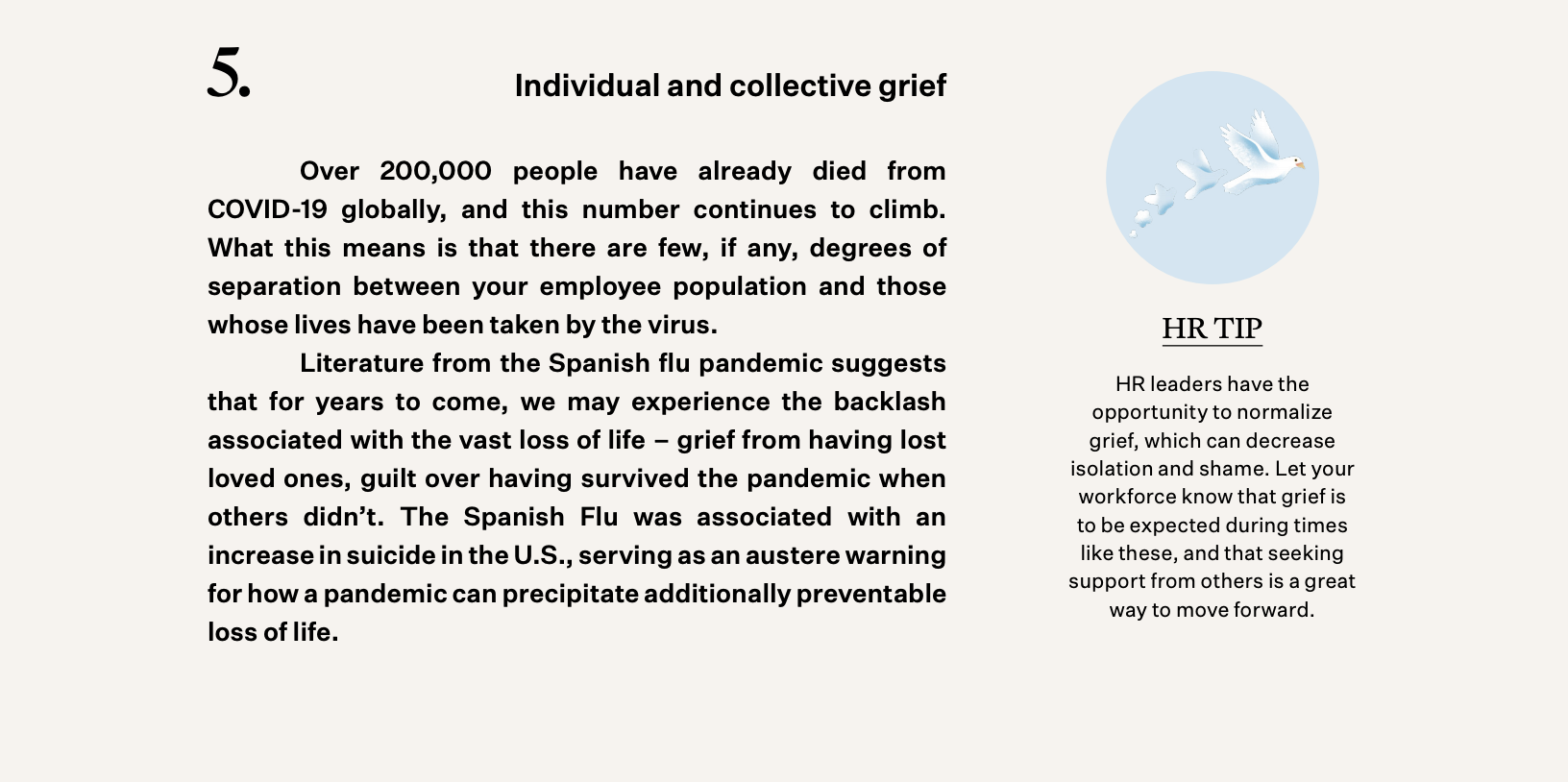
How de cope with stress during this Pandemic?

70,000
98%
80%
Think about how you are feeling. Don’t ignore your feelings, especially if you don’t feel well.






Recognize what stress looks like.
-
Concern about the risk of the being exposed to the virus at work.
-
Being overwhelmed on taking care of personal and family needs.
-
Managing a different and additional workload.
-
Lack of access to the tools and equipment needed to perform your job.
-
Feelings that you are not contributing enough to work.
-
Uncertainty about the future of your workplace and/or employment.
-
Learning new communication tools and dealing with technical difficulties.
-
Difficulty in adapting to a different workspace and/or work schedule.


Avoid negative coping mechanisms
Build resilience and manage stressors
Look after yourself.

Communicate with your co-workers, supervisors.

Connect to others. Talk to people whom you trust about your concerns.

Identify those which you do not control and do the best you can with the resources available.

Take a break from social media, watching, reading or listening to the news. SAY NO TO FAKE NEWS!

Know the facts about COVID- 19. Be informed from reliable resources.

Increase sense of control by developing a consistent daily routine.

Eat well, prioritize sleep and stay fit

Maintain interests outside of your comfort zone.

If you are treated for a mental health condition, continue with your treatment.

For employers and leaders: Build resilience and manage stressors in the workplace
Talk to your employees
Know your rights and responsibilities
Offer assistance - but do not overpromise
Encourage supporting each other

If you must stay at home, maintain a healthy lifestyle - including proper diet, sleep, exercise and social contacts with loved ones at home and by email and phone with other family and friends.

Get the facts. Gather information that will help you accurately determine your risk so that you can take reasonable precautions. Find a credible source you can trust such as WHO website or, a local or state public health agency.
Limit worry and agitation by lessening the time you and your family spend watching or listening to media coverage that you perceive as upsetting.
Draw on skills you have used in the past that have helped you to manage previous life’s adversities and use those skills to help you manage your emotions during the challenging time of this outbreak.

- Keep a diary
- Express your feelings through art, like writing a poem, drawing, dancing, or playing music
- Talk about your feelings and concerns with someone you trust
- Try some breathing exercises. You may find guided breathing exercises online if you have access to internet.

Try to go to bed and wake up at the same times every day, making sure you get enough sleep. Plan ahead and try to have a balance of activities such as keeping up with schoolwork, physical exercise, connecting with friends and family, doing things you enjoy, and eating regular meals.
Keep a daily routine as much as possible.

Don’t use smoking, alcohol or other drugs to deal with your emotions.

If you feel overwhelmed, talk to a health worker or counsellor. Have a plan, where to go to and how to seek help for physical and mental health needs if required.
- feel overwhelmed with emotions like sadness, fears and worries
- feel like stress gets in the way of your daily routines, or
- feel like you want to harm yourself or others.

Your Mental Health When You Work From Home (And How to Take Care of It)
Your Mental Health When You Work From Home (And How to Take Care of It)


Actually get dressed


Step outside.


Plan ahead (the night before!)


Create spatial boundaries


Set your hours and share them


Avoid over-multitasking


Take “brain breaks”


Create your virtual water cooler

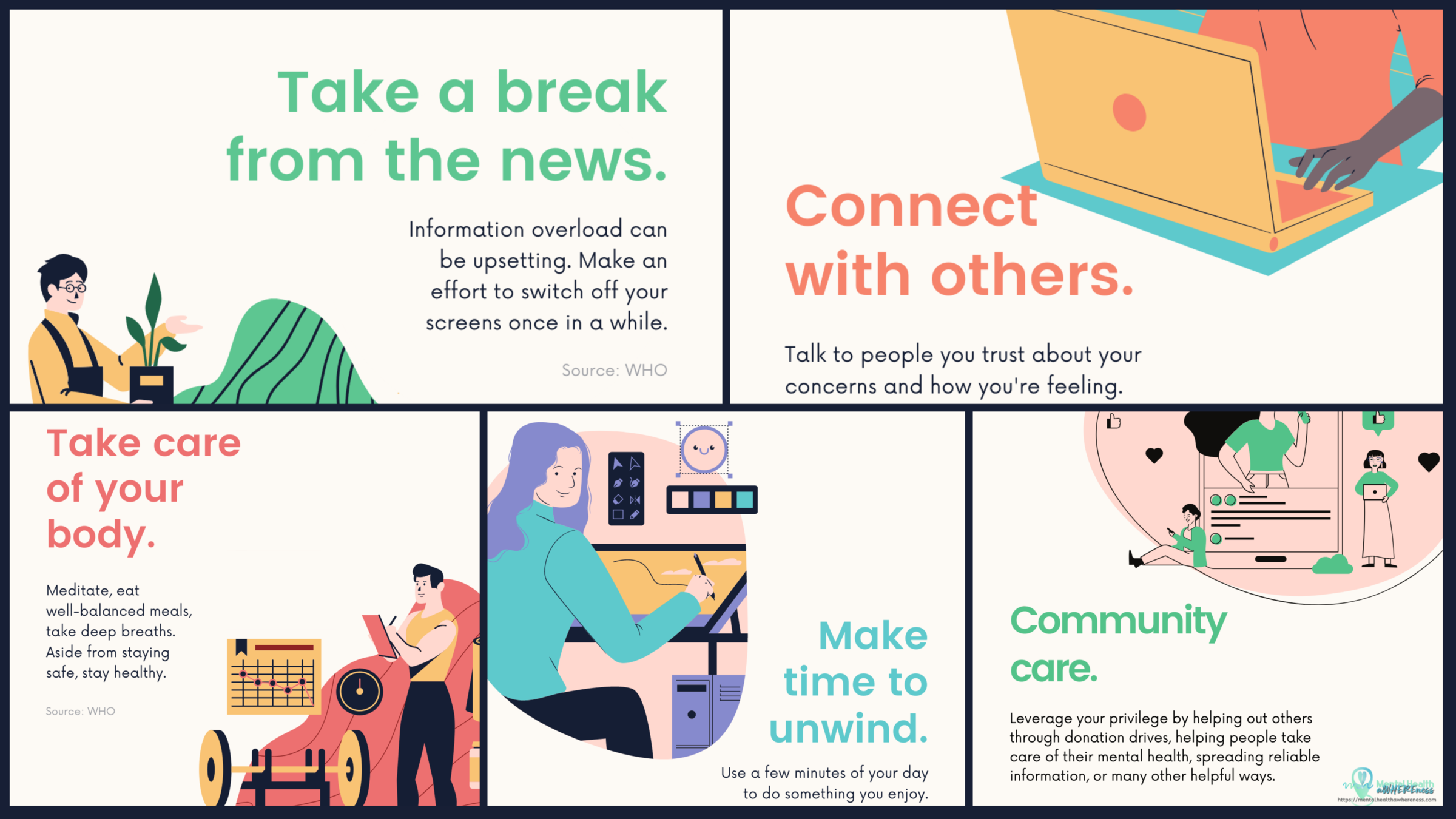
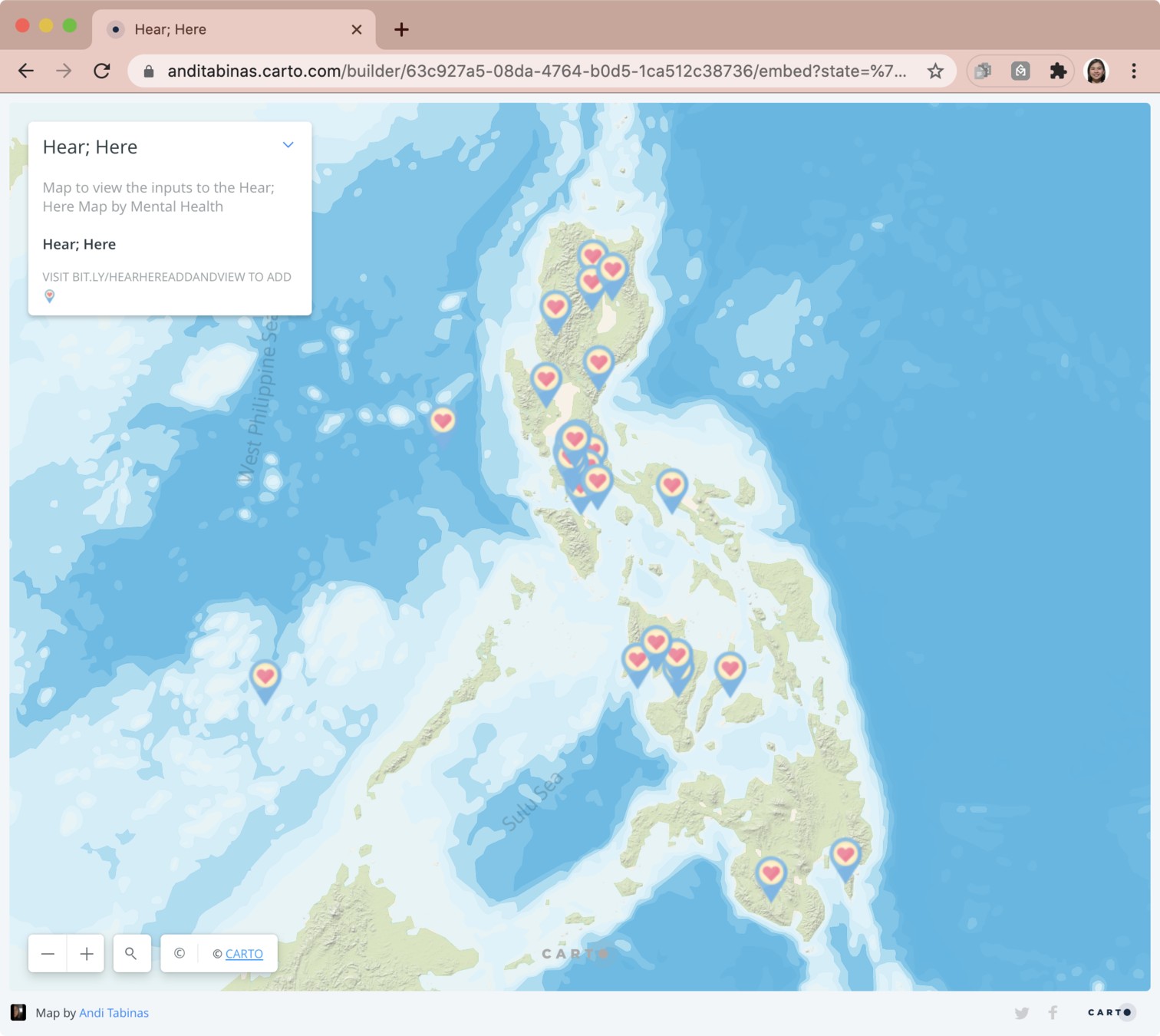
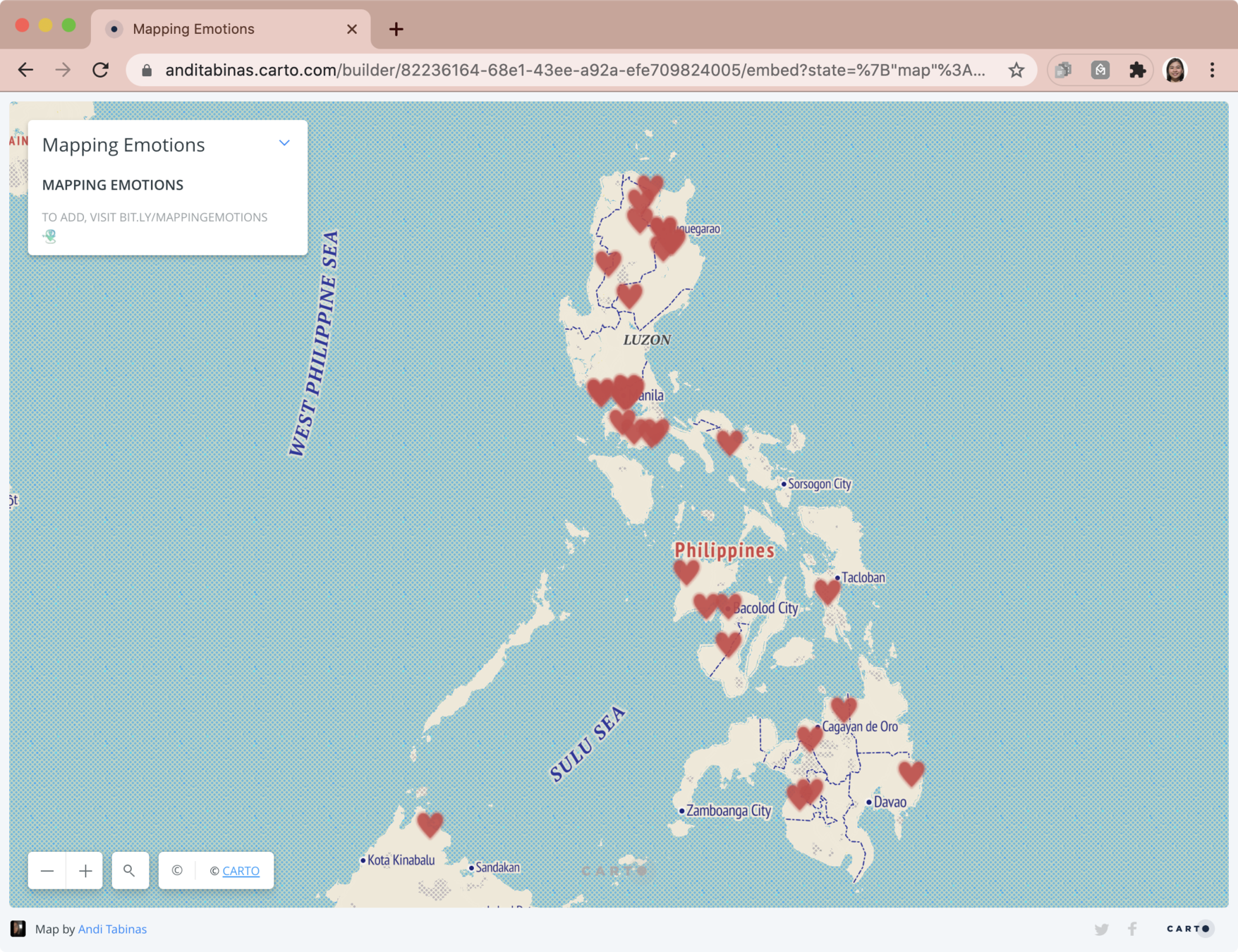
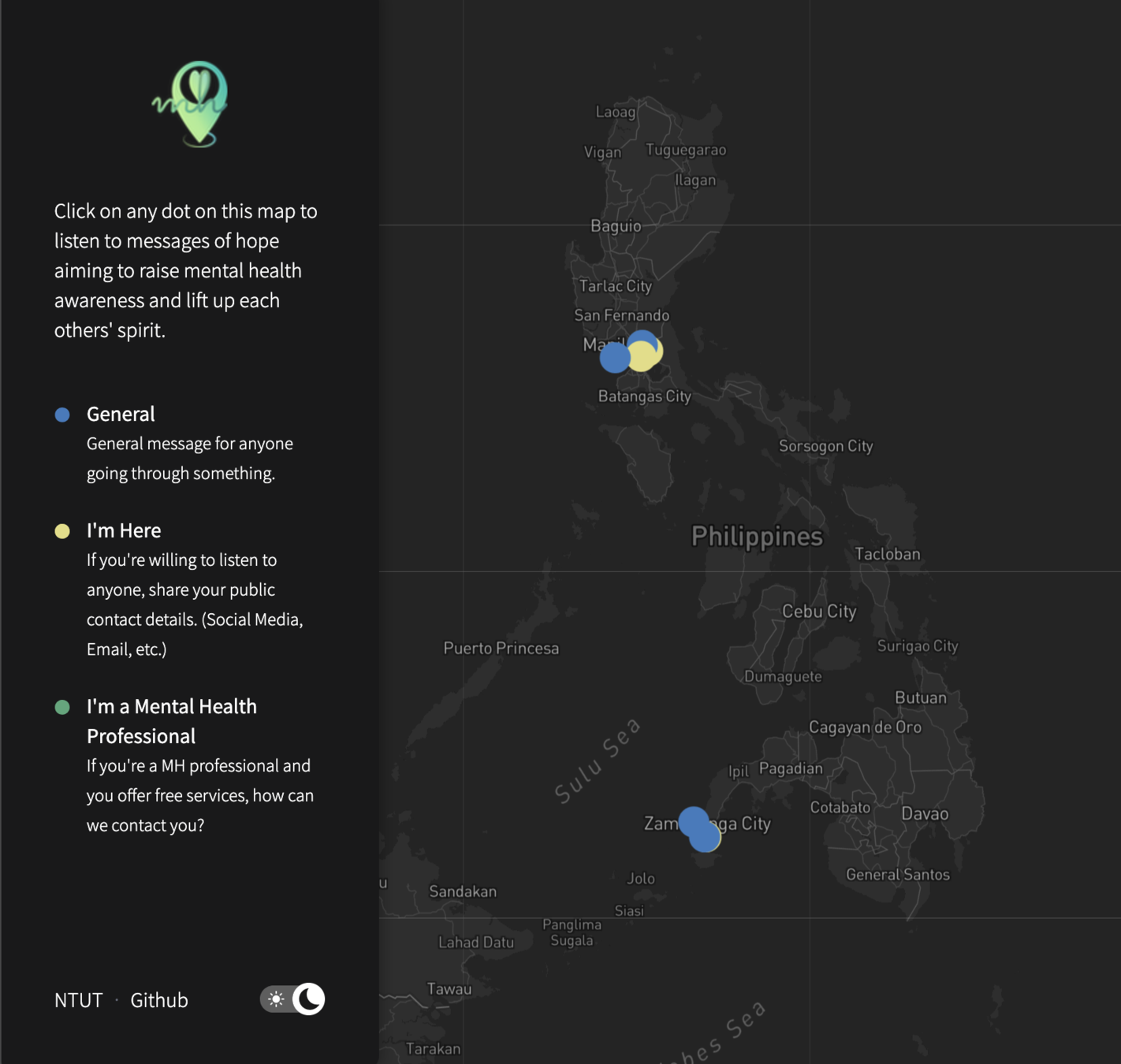
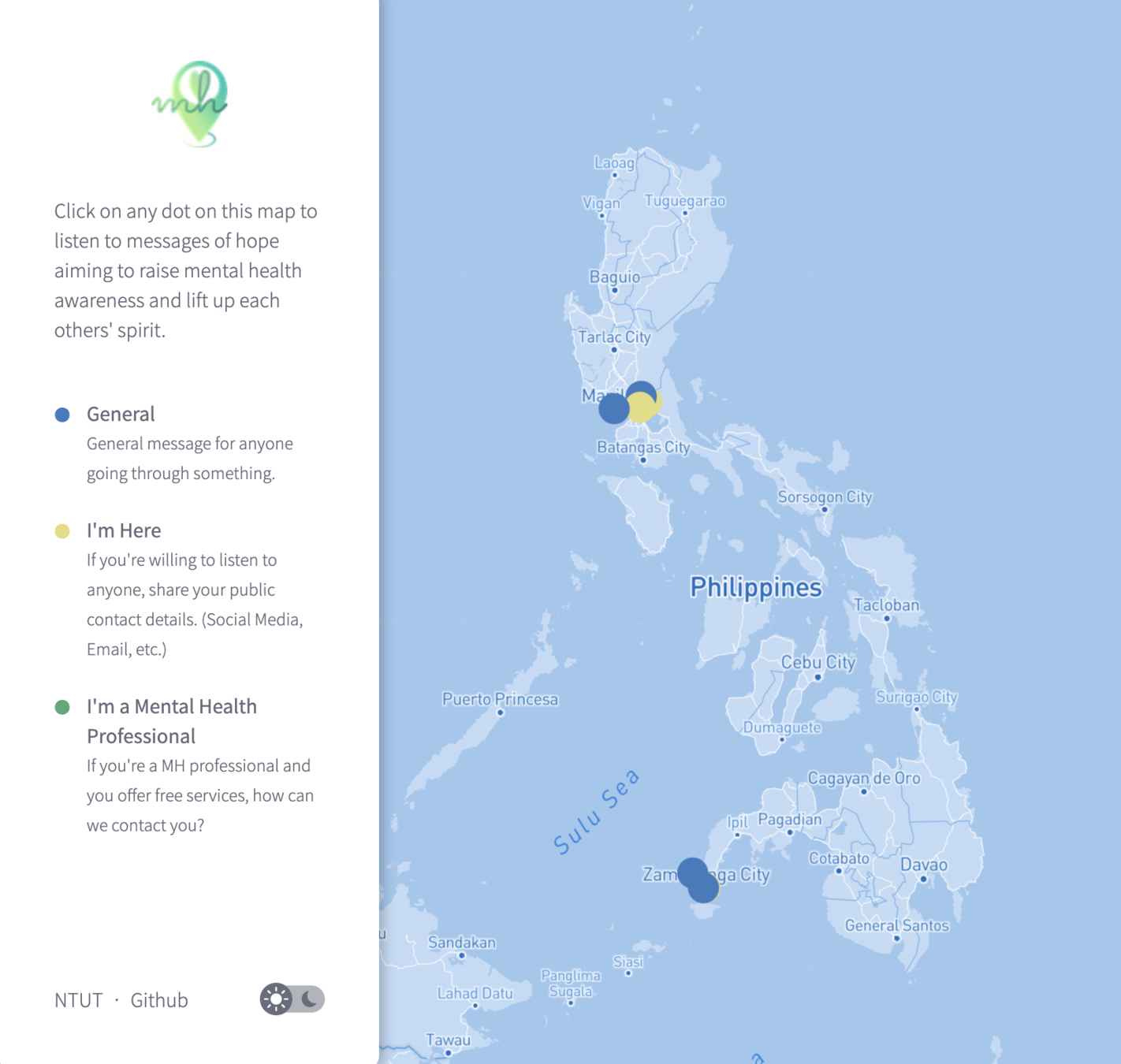

How can we help others cope with stress during the Pandemic?

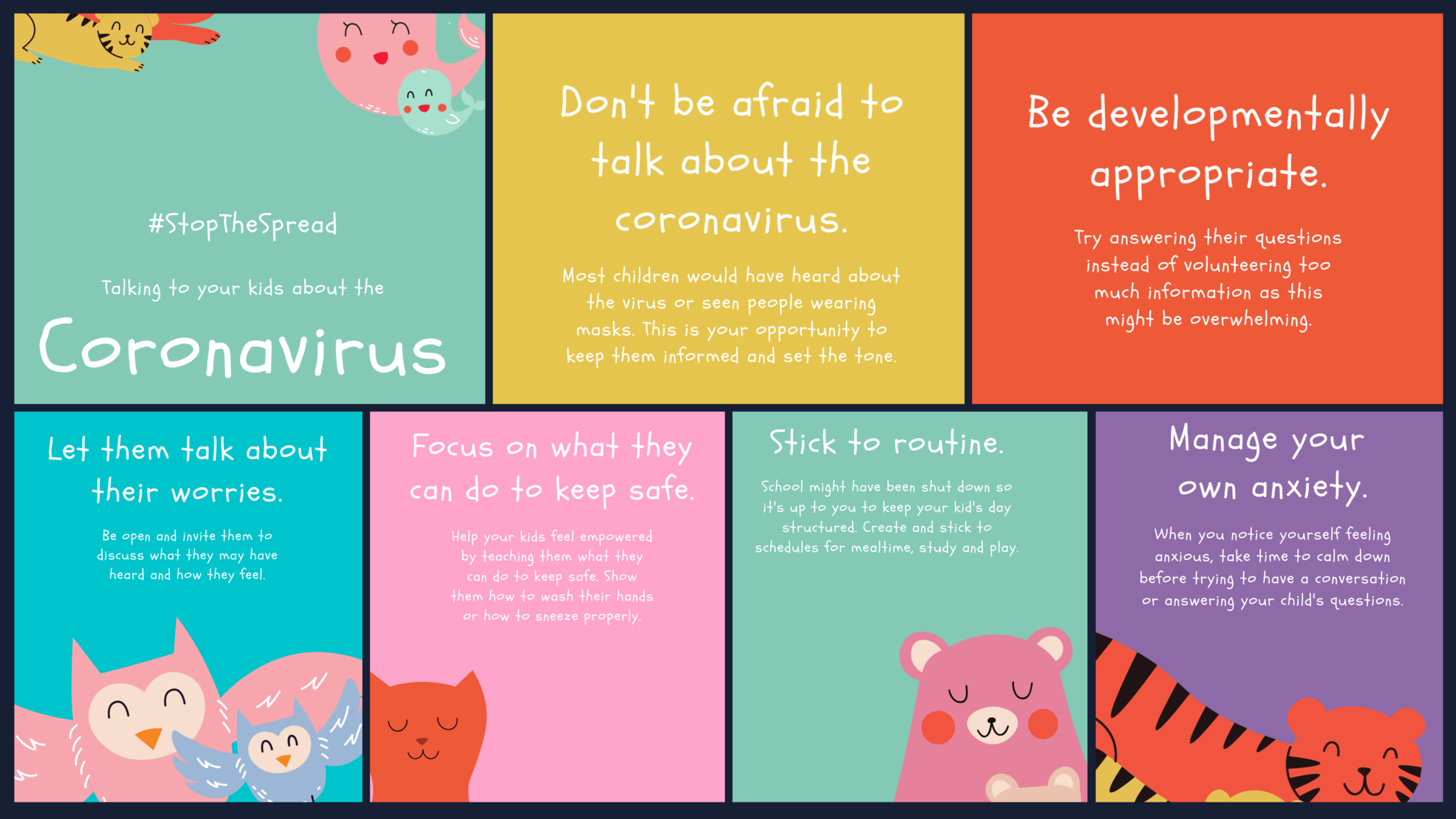

HELPING OLDER ADULTS COPE WITH STRESS DURING THE COVID-19 OUTBREAK
Older people may have limited access to messaging apps, like Viber, WeChat, Telegram, Facebook Messenger, etc.
-
Provide older adults with accurate accessible information and facts about the COVID-19 outbreak, the progression, treatment, and effective strategies to prevent an infection.
-
Information needs to be easily accessible (i.e. clear, simple language, large font) and come from multiple trusted (media) sources (public media, social media and trustworthy health care providers) to prevent irrational behavior such as stocking of non-effective medical herbs.
-
Encourage family or friends to call their older relatives regularly and teach older people how to use video(chat).

HELPING OLDER ADULTS COPE WITH STRESS DURING THE COVID-19 OUTBREAK
Teach older people simple physical exercises to perform at their home/in quarantine to maintain mobility and reduce boredom.

How to support someone with a mental health problem
Know the signs.
https://www.mentalhealth.org.uk/publications/supporting-someone-mental-health-problem
Talk to them.
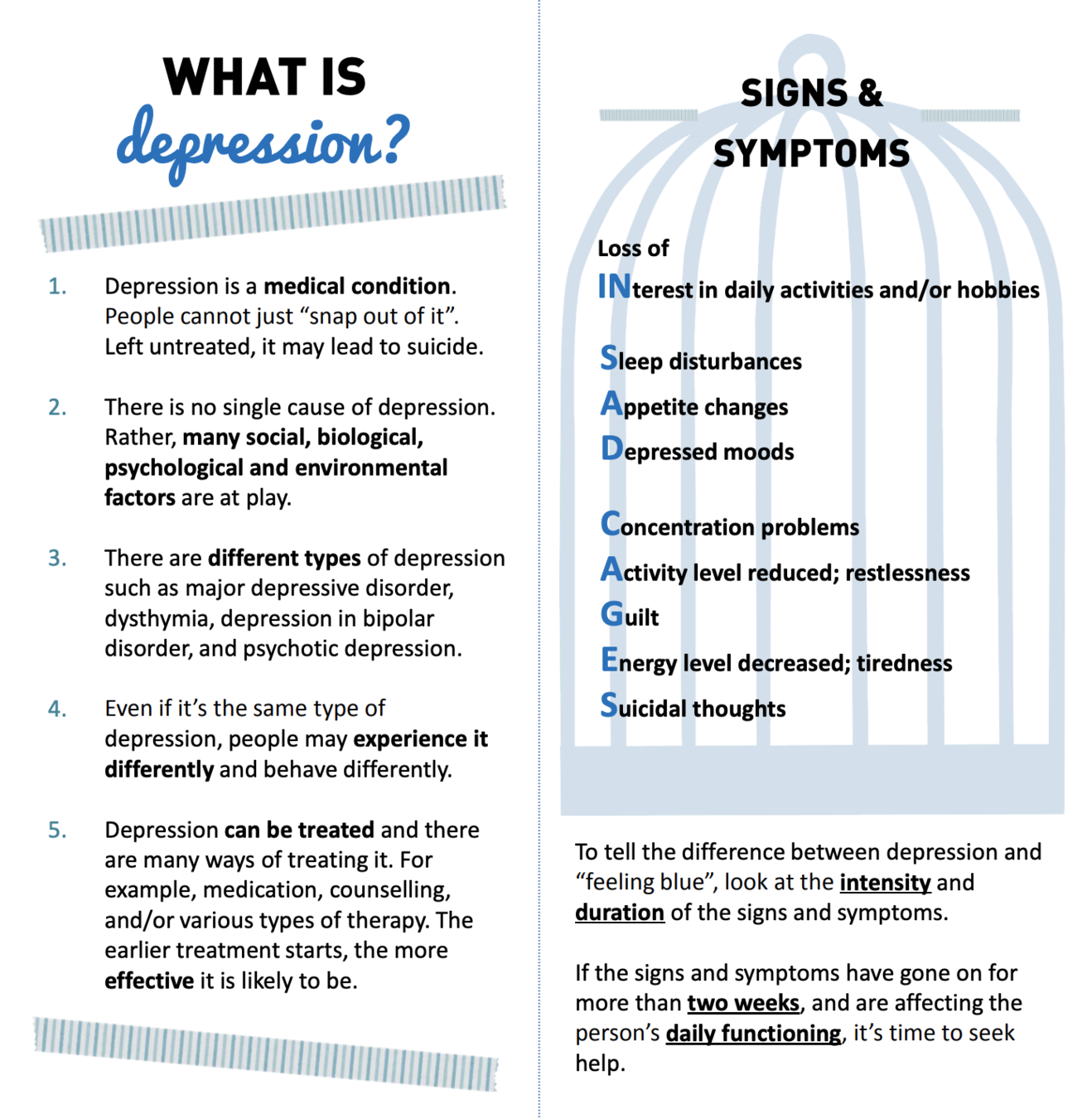
https://www.chat.mentalhealth.sg/

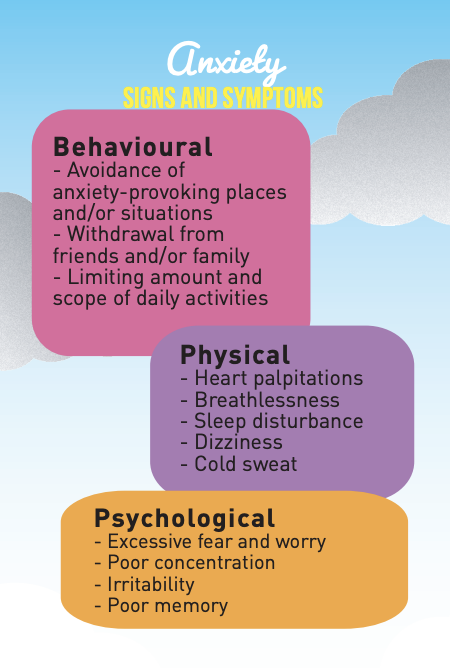
https://www.chat.mentalhealth.sg/
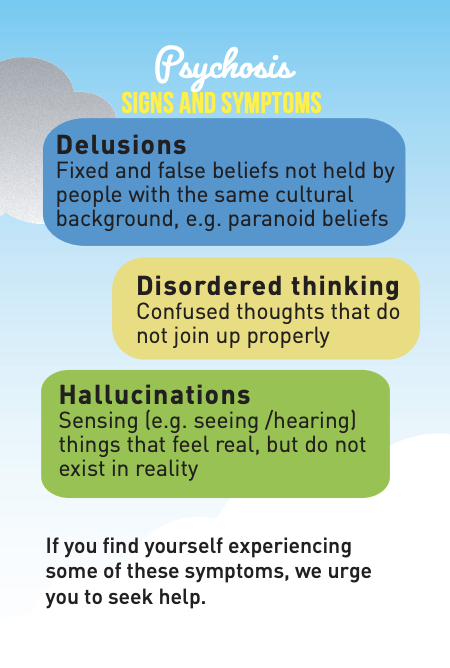
https://www.chat.mentalhealth.sg/

Mental Health AWHEREness aims to promote mental health awareness through information, education, communication, and mapping of available mental health services and their corresponding important information that would help and encourage people to seek mental healthcare without telling others until they are ready to do so; and to tell decision-makers where more mental health services are needed.
